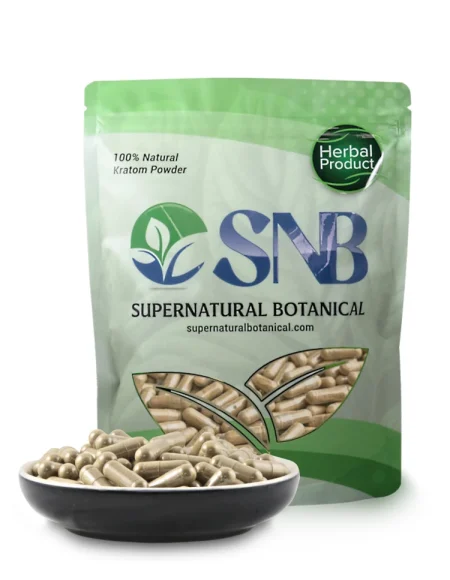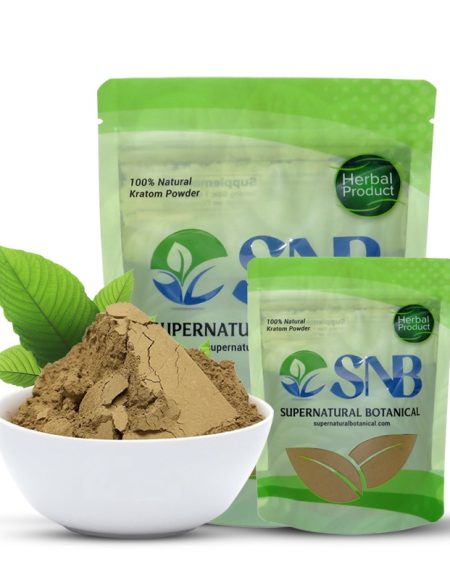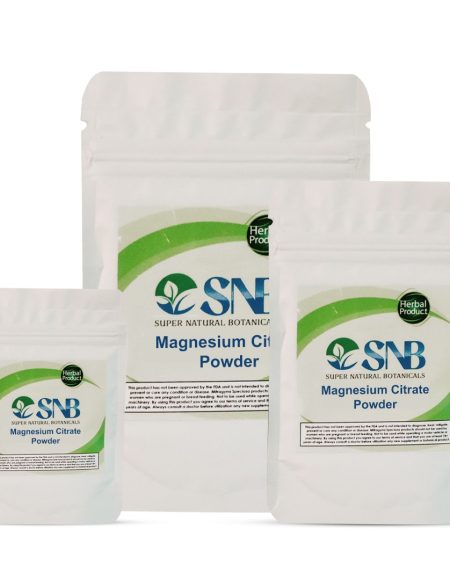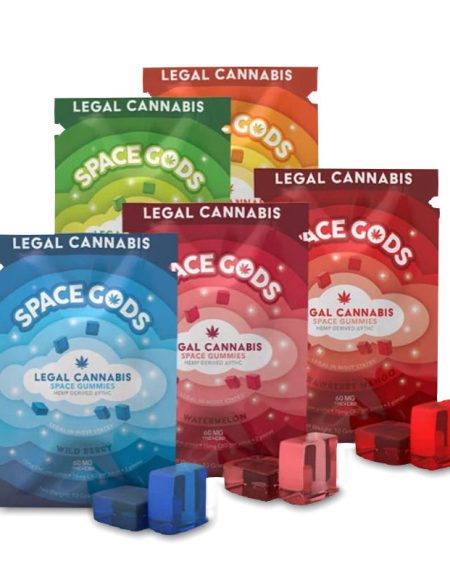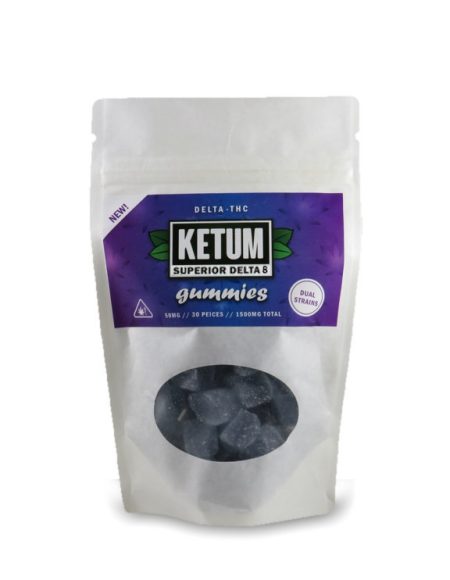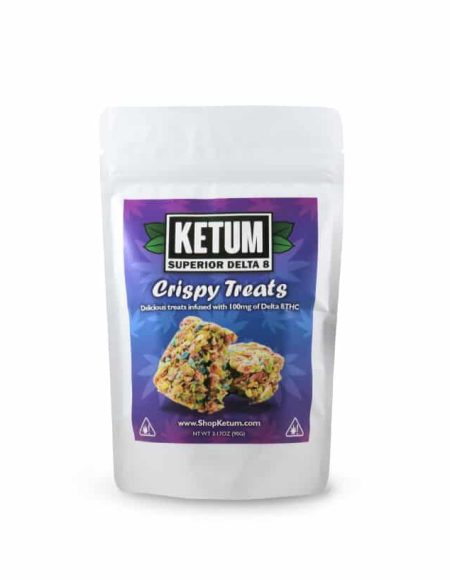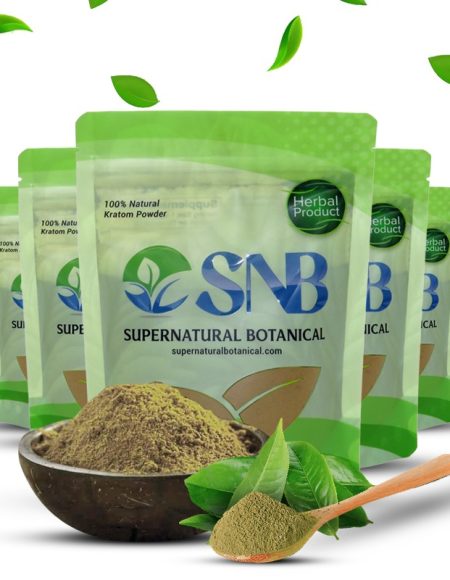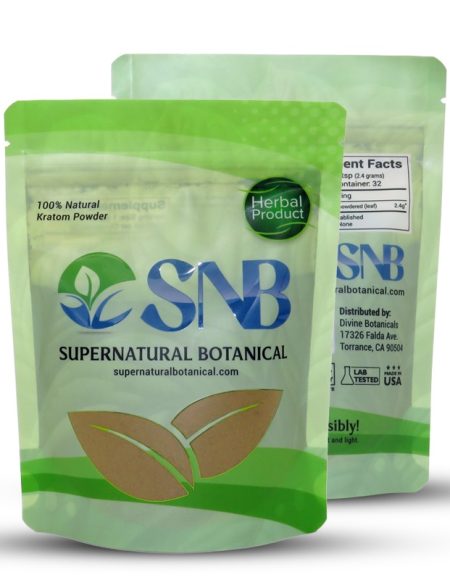

Kratom, derived from the leaves of the Mitragyna speciosa tree, is currently navigating a complex legal landscape in the United States. As of 2024, its legal status varies significantly from state to state, with some jurisdictions permitting its use under specific regulations while others prohibit it entirely.
This article explores the intricate regulatory environment surrounding kratom, highlighting federal oversight and state-specific laws that shape its availability and use across the country. Understanding these legal dynamics is crucial for stakeholders and users alike as they navigate the evolving legality of kratom in the U.S.
Table of Contents
Federal Regulation Of Kratom
DEA Oversight: Initially, the Drug Enforcement Administration (DEA) proposed placing kratom’s active compounds, mitragynine and 7-hydroxymitragynine, under Schedule I of the Controlled Substances Act (CSA). This would have classified kratom as a substance with no accepted medical use and a high potential for abuse.
However, following significant public and congressional feedback, the DEA withdrew this proposal on October 13, 2016 (source: DEA Federal Register Notice, October 2016). Currently, kratom remains unscheduled under the CSA, but the DEA continues to monitor it as a “Drug and Chemical of Concern.”
FDA Regulations: The Food and Drug Administration (FDA) has not approved any kratom product for medicinal use. It categorizes kratom as an unapproved new dietary ingredient, prohibiting its sale as a dietary supplement or food additive in the United States.
Moreover, the FDA has issued import alerts to prevent the entry of kratom products into the country, citing potential health risks such as contamination with salmonella and heavy metals.
Congressional Action And Proposals
In response to ongoing regulatory debates, Congress has introduced legislative proposals aimed at defining the future of kratom regulation.
Current Congressional Bills: Recently introduced bills seek to protect access to kratom by restricting the FDA’s authority to regulate it strictly. These bills propose measures such as requiring public hearings on kratom safety and establishing a task force for federally funded research on kratom-related matters. They also limit the FDA’s ability to impose new regulations without thorough public consultation and formal rulemaking processes.
State-Level Regulations On Kratom
While federal regulations set a baseline, states have adopted varying approaches to manage kratom within their jurisdictions. Below is a comprehensive overview of kratom’s legal status across different states in 2024.
Arizona: Under the Kratom Consumer Protection Act, kratom is regulated to ensure quality control and prohibit adulterated products. This act mandates rigorous testing of kratom products to prevent contamination and mislabeling, ensuring consumers receive pure and accurately labeled products.
Georgia: Kratom is subject to regulatory oversight via the Kratom Consumer Protection Act. This legislation enforces standardized product labeling and quality standards, requiring manufacturers to list ingredients, dosage instructions, and potential health risks on packaging, ensuring products are free from harmful substances.
Nevada: Legal for purchase and consumption, kratom is regulated to protect consumer health and safety. Regulations include mandatory age verification for buyers and requirements for kratom vendors to test products for contaminants and disclose test results.
Utah: The Kratom Consumer Protection Act regulates kratom under state law, focusing on product safety and quality assurance. This act mandates kratom products to be tested for purity and contaminants and requires clear labeling of ingredients and warnings about potential health risks.
Ohio: Pending legislation (H.B. 236) proposes licensing and regulation for kratom processors, aiming to establish safety standards and industry regulations. If passed, this bill would require kratom manufacturers to obtain licenses, conduct regular product testing, and adhere to strict labeling guidelines.
California: Kratom remains legal statewide, except in San Diego, where local regulations prohibit its sale and use. Statewide, there are no specific kratom regulations, but general consumer safety laws apply, prohibiting the sale of contaminated or mislabeled products.
Oregon: With the American Kratom Association (AKA) having filed the Consumer Protection Act, kratom is legal and many kratom product manufacturers are based here. The state supports consumer safety measures, requiring third-party testing for contaminants and accurate labeling of products.
New Hampshire: Legal for individuals over 18, kratom comes with age restrictions to prevent underage consumption. The state mandates clear labeling of kratom products, including ingredients and health warnings, and prohibits the sale of kratom to minors.
Florida: Except in Sarasota County, where local ordinances ban its sale and use, kratom is legal statewide. Although unregulated, general consumer safety laws apply, ensuring products are not contaminated or misbranded.
Michigan: While legal, there was a caution issued by police about its side effects in 2019, urging consumers to be cautious. There are no specific state regulations for kratom, but general safety and consumer protection laws apply.
Idaho: Without specific state regulations, kratom is legal to possess, buy, sell, and use. General consumer safety laws ensure that kratom products are not contaminated or mislabeled.
Missouri: With the Kratom Consumer Protection Act filed but awaiting a hearing to establish regulatory measures, kratom is legal. If passed, this act would require vendors to test products for contaminants and accurately label ingredients and health warnings.
Kansas: While awaiting a decision on the Kratom Consumer Protection Act to introduce safety standards, kratom remains legal. Pending legislation would require kratom products to undergo testing for purity and contaminants and include clear labeling of ingredients and health risks.
Washington: Currently, kratom is legal with no state-specific regulations. General consumer safety laws apply, ensuring kratom products are not contaminated or mislabeled.
Montana: Without additional state restrictions, kratom is legal. General safety laws ensure that kratom products are free from harmful substances and accurately labeled.
Wyoming: Kratom is legal, with no state regulations specifically governing its use. General consumer safety laws apply, ensuring products are not contaminated or misbranded.
New Mexico: Permitting the purchase and consumption of kratom without additional state regulations, kratom is legal. General safety laws ensure that kratom products are not contaminated or mislabeled.
Nebraska: Legal without specific regulatory measures, kratom use is governed by general consumer safety laws ensuring that kratom products are free from harmful substances and accurately labeled.
Texas: With no specific state regulations beyond general consumer safety laws, kratom is legal. These laws ensure that kratom products are not contaminated or mislabeled.
North Dakota: Permitting kratom use and sale without additional state restrictions, kratom is legal. General safety laws ensure that kratom products are free from harmful substances and accurately labeled.
South Dakota: Kratom is legal under state law, with general consumer safety laws ensuring products are not contaminated or mislabeled.
South Carolina: Without additional state regulations beyond general consumer safety laws, kratom is legal. These laws ensure that kratom products are free from harmful substances and accurately labeled.
Virginia: Kratom use and sale are allowed without specific state regulations. General safety laws ensure that kratom products are not contaminated or mislabeled.
Pennsylvania: Kratom is legal under state law, with general consumer safety laws ensuring that kratom products are free from harmful substances and accurately labeled.
Delaware: Permitting the use and sale of kratom without specific state regulations, kratom is legal. General safety laws ensure that kratom products are not contaminated or mislabeled.
Massachusetts: Kratom is legal with no additional state-specific regulations. General consumer safety laws ensure that kratom products are free from harmful substances and accurately labeled.
Connecticut: Without additional state restrictions, kratom is legal. General safety laws ensure that kratom products are not contaminated or mislabeled.
Alaska: Permitting kratom use and sale without specific state regulations, kratom is legal. General consumer safety laws ensure that kratom products are free from harmful substances and accurately labeled.
Hawaii: Kratom is legal, allowing purchase and use without additional state-specific regulations. General safety laws ensure that kratom products are not contaminated or mislabeled.
States with Restrictions on Kratom in 2024
Following are the states where Kratom is restricted in 2024:
Tennessee: Kratom is legal for natural kratom, but synthetic alkaloids are banned. There is an age restriction of 21 years for purchase and consumption, with proper labeling requirements. These regulations aim to ensure that only pure, natural kratom is available for adult consumers, minimizing risks associated with synthetic derivatives.
Minnesota: Kratom is legal with an age restriction of 18 years or older for purchase and consumption. Regulations focus on responsible use guidelines, requiring clear labeling of ingredients and health warnings to inform consumers of potential risks.
Illinois: Kratom is legal with an age restriction of 18 years or older for purchase and consumption. State regulations mandate accurate labeling of kratom products, including ingredients and health warnings, to promote safe and informed use.
States Where Kratom Is Banned in 2024
Alabama, Arkansas, Indiana, Rhode Island, Vermont, Wisconsin: These states have enacted complete bans on kratom and its active compounds, prohibiting possession, distribution, and sale. The bans are based on concerns about kratom’s potential for abuse and lack of FDA approval, despite opposition from kratom advocates.
Additional State-Specific Regulations
- Colorado: Effective July 1, 2024, prohibits the sale of kratom products adulterated with fentanyl or other controlled substances. The state requires labeling with manufacturer or distributor information and mandates testing for contaminants, ensuring consumer safety and product integrity.
- Oregon: Requires third-party testing for contaminants like microbiological agents, pesticides, solvents, heavy metals, and mycotoxins, ensuring product safety. Regulations mandate accurate labeling of ingredients, dosage instructions, and health warnings.
- Virginia: Requires comprehensive labeling, including warnings about FDA non-approval and health risks. Regulations mandate listing all ingredients, product origin, and potential contaminants, ensuring transparency and consumer safety.
- West Virginia: Mandates purity testing through sampling and analysis, with a tax structure on kratom sales benefiting various state funds. These regulations aim to ensure product safety while generating revenue for state programs.
- Oklahoma: Requires vendors to furnish test results from U.S.-based labs upon request, allowing private legal actions for violations of state kratom laws. These regulations promote transparency and accountability in the kratom market.
The Role of the American Kratom Association
The American Kratom Association (AKA) plays a vital role in advocating for kratom’s legal status and safety. As a non-profit organization, it works to ensure that kratom remains a viable option for those who benefit from it by focusing on several key areas:
- Legislative Efforts:
The AKA collaborates with lawmakers to pass the Kratom Consumer Protection Act (KCPA) in multiple states. The KCPA establishes safety and quality standards for kratom, ensuring products are free from contaminants. States like Arizona, Georgia, Nevada, and Utah have already adopted this legislation.
- Consumer Education:
The AKA dispels myths and misinformation about kratom, providing the public and policymakers with accurate information about its benefits and safe usage.
- Quality Assurance:
The organization advocates for strict production standards, including kratom lab testing for purity and potency, ensuring that consumers receive high-quality, uncontaminated products.
- Research Support:
The AKA promotes scientific research to understand kratom’s benefits and risks better, supporting studies that inform safe and effective use.
Steps to Keep Kratom Legal in the USA
Maintaining the legal status of kratom in the USA requires collective efforts from individuals and communities:
Supporting the AKA: Participate in and support the American Kratom Association through donations or volunteer work.
Engaging Lawmakers: Communicate with state and federal representatives to express support for kratom and the Kratom Consumer Protection Act.
Staying Informed: Keep abreast of kratom legislation and scientific research to advocate effectively for its benefits and safety.
Educating Others: Spread accurate information about kratom to combat myths and misconceptions.
Promoting Quality: Encourage vendors to maintain high-quality standards, including thorough lab testing for purity and potency.
Common Regulatory Themes
Age Restrictions: Vary from 18 to 21 years across states, aiming to prevent underage consumption.
Labeling Requirements: Standardized across many states to include product ingredients, warnings about potential health risks, and manufacturer details.
Quality Control: Ensured through testing requirements for purity, contaminants, and alkaloid levels, promoting consumer safety.
Consumer Protection Acts: Implemented in several states, resembling model laws to regulate kratom sales, ensuring consistency in product quality and safety measures.
Conclusion
The legal landscape of kratom in the United States reflects a complex interplay of federal oversight and state-specific regulations. While some states have embraced kratom with frameworks aimed at enhancing consumer protection, others have opted for stringent bans. The ongoing debate underscores the importance of balanced regulation that promotes safety while ensuring access to a botanical substance valued by millions for its potential therapeutic benefits.
Understanding these legal aspects is essential for stakeholders, including consumers, distributors, and policymakers, as they navigate the complexities of kratom’s legal status and regulatory oversight in the United States. As the discussion continues, balancing public safety concerns with potential benefits remains paramount in shaping effective and fair regulatory frameworks for kratom nationwide.


